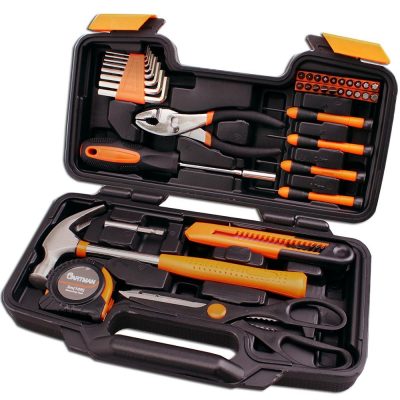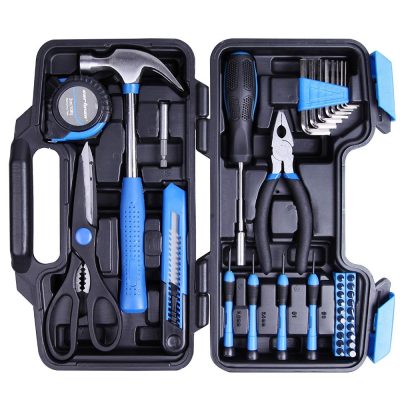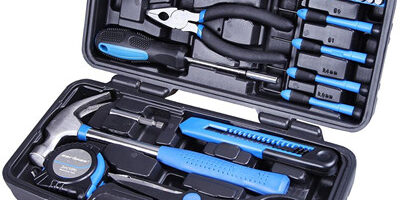🔧 Introduction: Why Durability Matters in Industrial Hand Tools
In industrial environments, hand tools are used daily under high stress and demanding conditions. Whether in construction, automotive repair, or manufacturing, the durability of hand tools directly affects efficiency, safety, and overall costs. For procurement managers and professional buyers, choosing the right tools is more than a purchase—it is a long-term investment in productivity.
🛠️ Key Material Considerations
The first factor in determining tool durability is material selection. High-quality steels such as chrome vanadium (Cr-V) and chrome molybdenum (Cr-Mo) offer excellent strength and resistance to wear. Tools designed for frequent heavy-duty use often undergo heat treatment, which enhances hardness and extends service life.
For buyers working with international suppliers, it’s important to confirm that the tools meet recognized standards like ANSI, DIN, or ISO, which ensure both safety and consistency in performance.
⚙️ Ergonomic Design and Worker Safety
Durability is not just about metal strength. Ergonomic handles reduce fatigue, improve grip, and prevent workplace accidents. Anti-slip coatings and cushioned grips are particularly valuable in industries where tools are used for long hours.
Ergonomically designed tools don’t just last longer; they also enhance worker productivity, reducing downtime caused by discomfort or injuries.
📦 Supplier Reliability and Quality Control
When sourcing durable hand tools, working with the right supplier is just as critical as evaluating the product itself. Reliable suppliers implement strict quality control processes, including hardness testing, torque testing, and corrosion resistance evaluations.
Many international buyers prefer sourcing from Hand Tools Manufacturers who specialize in industrial-grade tools. These suppliers can provide bulk orders with consistent quality, ensuring smooth distribution across global markets.
🔩 Application-Specific Tool Selection
Not all hand tools are created equal. For instance:
-
Spanner & Wrench: Must handle high torque without deforming.
-
Torque Wrench: Needs precise calibration for safety-critical applications.
-
Impact Socket: Requires superior hardness to withstand repeated impact.
Selecting the right tool type for the job is crucial to maximizing both durability and worker efficiency. Buyers often turn to specialized Spanner & Wrench Manufacturers for reliable supply of these essentials.
🌍 The Role of Customization in Industrial Tools
Some industries require tools that go beyond standard dimensions. Custom hand tools can include specialized coatings, extended handles, or unique sizes. This flexibility allows companies to optimize tool performance in niche applications, especially in automotive, aerospace, or heavy construction.
By choosing a custom hand tools supplier, buyers gain access to tailored solutions that outperform generic tools in challenging environments.
✅ Conclusion: Making the Right Choice
For industrial buyers, durable hand tools mean lower replacement costs, fewer workplace accidents, and higher productivity. By focusing on material quality, ergonomic design, supplier credibility, and application-specific requirements, companies can make purchasing decisions that deliver long-term value.
Durability is not an option—it’s a necessity for modern industrial applications. Partnering with reliable hand tools suppliers ensures that your business remains competitive, efficient, and ready for future challenges.
























